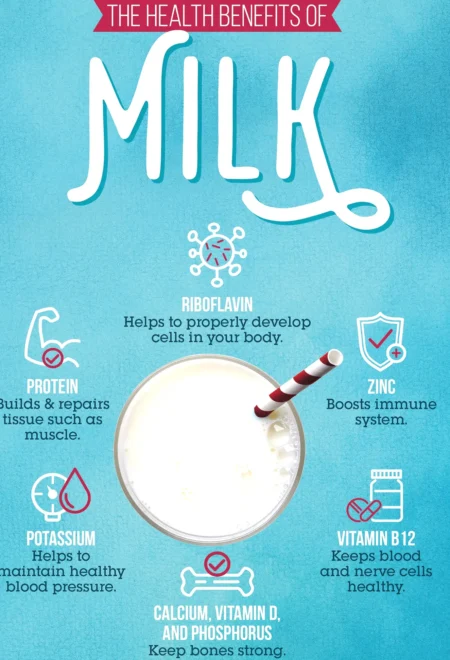Intro:
Intermittent fasting is an eating pattern that alternates periods of eating and fasting. This is how you can manipulate your meal timings to achieve specific health benefits. Intermittent fasting includes timed meals, two-day fasts, and five types of fasts.
Intermittent fasting has grown in popularity as a technique to promote general health and well-being in recent years. It is the capability of increasing mental clarity. Intermittent fasting has been demonstrated in studies to improve brain functions such as memory, concentration, and focus. It has also been demonstrated to boost mood and disqualify symptoms of anxiety and depression. It is critical to remember that you require knowledge.
The Science behind Intermittent Fasting and Mental Clarity
Intermittent Fasting can have an unusual impact on your brain function including memory growth, focus and increased concentration. It has been shown to energise the production of a protein called Brain-Derived Neurotrophic Factor (BDNF), which is responsible for the growth and survival for the nerve cells in the brain. Furthermore, it can also increase the amount of the production of other neurochemicals like norepinephrine and adrenaline which can enhance focus as well as attention.
Many studies have researched the effects of intermittent fasting on brain function. One study found that alternate-day fasting may improves memory and cognitive function in older adults. Another study found that time-restricted eating improves focus, concentration and cognitive flexibility in young adults.
It is assumed that the benefits of intermittent fasting on brain function may be reason to several different mechanisms. One of the possibility is that it triggers a process called autophagy which is the body’s natural process of cleaning out damaged cells and regenerating new ones. This process is thought to be particularly beneficial for the brain as it can help to improve the function of nerve cells and protect them from being damage. furthermore, intermittent fasting has been shown to reduce swelling in the body which is thought to play a role in cognitive decline and neurodegenerative diseases.
It is crucial to note that much more research is needed to understand the exact mechanisms behind the benefits of intermittent fasting on the brain and mental clarity aspects. But the studies available so far are promising and indicate that Intermittent fasting might be beneficial for cognitive brain functions.
Practical Applications
including intermittent fasting into your daily routine can be a challenging task for some people especially for beginners. Here are a few tips to help make the transition easier:
1. Begin with a short and quick fast. Try your first fasting for 12 hours in the afternoon, then once you able to fast for 12 hours then you can start increasing the amount of time gradually with the time period.
2. Start testing with unique intermittent fasting methods. What is effective for you. Always remember, If any type of intermittent fasting is suiting that does not mean it also suit other person as well Keep in Mind.
3. To help reduce hunger and appetite, drink lots of water and low-calorie beverages throughout the day.
4. Make an effort to keep your schedule as consistent as you can.
To optimize the benefits of intermittent fasting on mental clarity, consider the following:
1. Observing a Minimum 12 to 16 hour daily fast.
2. Including time-restricted eating or fasting on alternate days.
3. Using Intermittent Fasting regularly for a prolonged period of time.
4. Maintaining a balanced diet throughout feeding times.
5. Consuming Nutrient-dense foods and remaining hydrated while feeding.
6. Avoiding Alcohol, sugary drinks and processed foods.
7. Getting enough rest and exercising.
It is important to note that individual results may vary and that intermittent fasting may not work for every individual.
Potential Risks and Drawbacks
While intermittent fasting has many potential benefits there are also some potential downsides and risks to be aware of. Some of the potential risks include:
1. Hunger and Cravings: People who are not introduced to fasting may experience hunger and cravings.
2. Dehydration: To avoid becoming dehydrated while fasting make sure to drink plenty of water.
3. Nutritional deficiencies: If intermittent is not carried out properly the risk of nutrient deficiencies may increase.
4. Hormonal imbalances: Hormonal imbalances can result from intermittent fasting which can cause fatigue, stress and other health issues. Insulin and cortisol are two hormones that are affected.
Intermittent fasting may not be suitable for everyone and some individuals should be cautious when trying it:
1. Pregnant or breastfeeding woman
2. Individuals with diabetes or hypoglycemia
3. Individuals with a history of eating disorders
4. Individuals who are underweight or have a history of malnutrition
5. Individuals who are recovering from surgery or an injury
6. Individuals who are on certain medications should consult with their healthcare provider before starting intermittent fasting.
It is always recommended to consult with a healthcare professional before starting any new diet or exercise regimen especially if you have any underlying health conditions.
Conclusion
In conclusion, Intermittent fasting has been shown to have a positive effect on brain function including memory, focus and concentration. Studies have found that intermittent fasting can stimulate the production of brain-derived neurotrophic factor (BDNF) and other neurochemicals such as norepinephrine and adrenaline which can enhance focus and attention. Furthermore it can also improve mood and reduce symptoms of anxiety and depression.
Intermittent fasting has been shown to have a wide range of potential health benefits including weight loss improved insulin sensitivity and a reduced risk of chronic diseases. It can also have a positive impact on brain function and mental clarity. However, it is important to keep in mind that more research is needed to fully understand the effects of intermittent fasting on the brain and mental clarity and it may not be suitable for everyone.
As always, it is important to speak to a healthcare professional before starting any new diet or exercise regimen. That being said for those who are healthy and able to safely practice intermittent fasting it may be a beneficial way to improve brain function and overall well-being.













